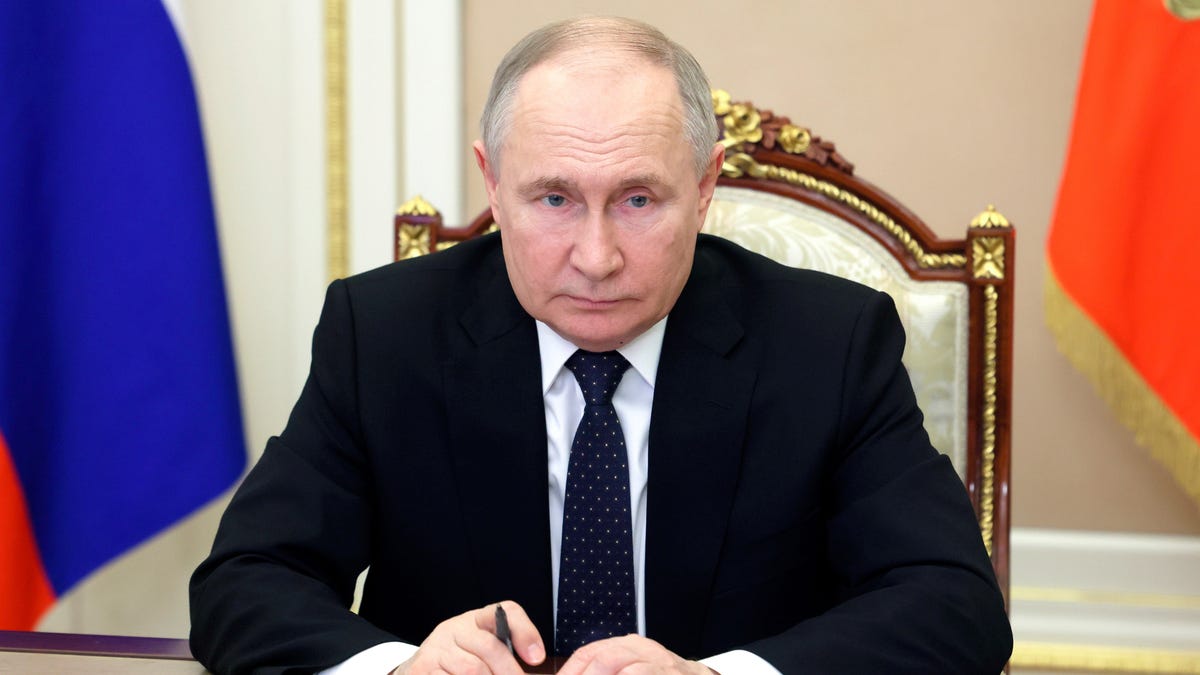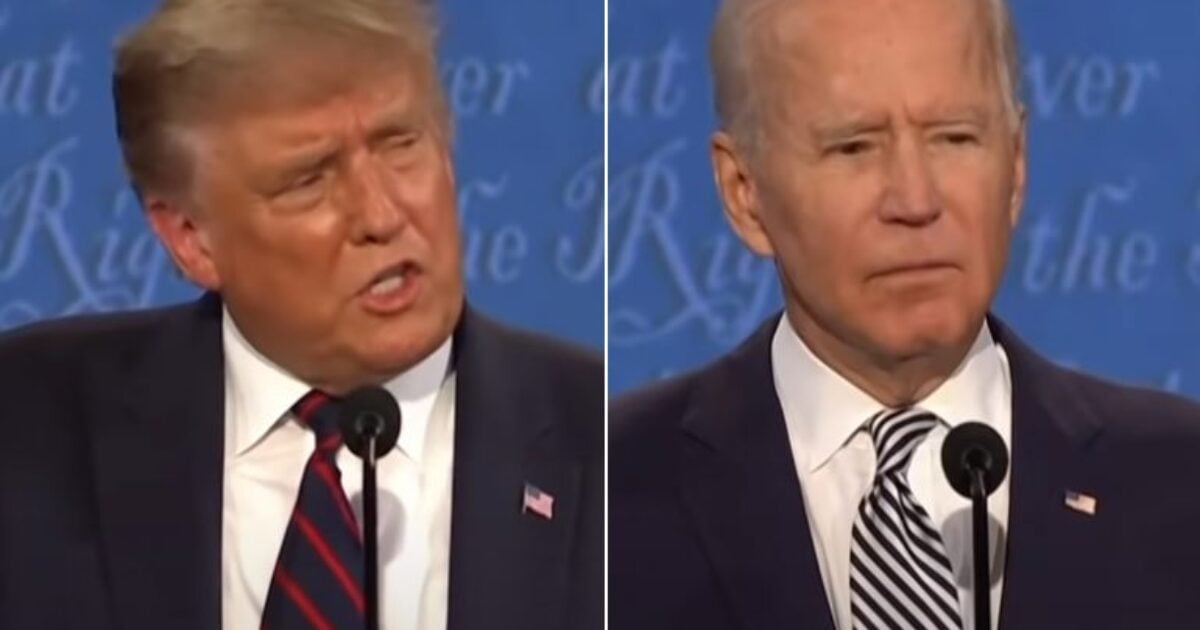Russian Military Court Sentences Meta Spokesperson to Jail for Terrorism
In a recent development reported by the English-language Moscow Times, a military court in Russia has handed down a six-year prison sentence to Andy Stone, a spokesperson for Meta. Stone was convicted in absentia for the “justification” of terrorism following a change in rules by the parent company of Facebook in response to Russia’s invasion of Ukraine in 2022.
Background and Legal Action
The investigation into Meta by the Russian military court began on March 11, 2022, just weeks after the invasion of Ukraine. This move was prompted by Meta’s decision to relax restrictions on violent speech regarding Russia’s invasion on Facebook and Instagram, leading to the banning of these platforms in Russia.
Stone’s announcement on March 10, 2022, regarding the temporary allowance of certain forms of political expression, including calls for violence against Russian leaders, sparked controversy and legal action against him. While Stone clarified that calls for violence against Russian civilians remained prohibited, the relaxation of rules caused a stir in Russia.
Policy Changes and International Impact
Stone’s decision to permit more aggressive language on the platforms extended to specific countries and excluded the U.S. Calls for violence against Russian soldiers were restricted to residents of certain countries, leading to a complex international response.
Since Stone’s actions, Meta CEO Mark Zuckerberg has been barred from entering Russia, highlighting the seriousness of the situation. The ongoing conflict between Russia and Ukraine has resulted in substantial casualties on both sides, with no resolution in sight.
Social Media and Government Control
In the era of heightened social media influence, governments around the world are keen on regulating information flow, especially during times of war. From conflicts in Gaza to Ukraine, the control of information on social media has become a significant concern.
While the U.S. has historically advocated for an open internet without censorship, recent developments, including the ban on TikTok by ByteDance, point to a shift in approach. With millions of users on social media platforms, the impact of policies on speech and content moderation is far-reaching.
Meta’s response to inquiries regarding Stone’s case remains pending, indicating the sensitivity of the issue. As the situation unfolds, further updates may shed light on the repercussions of these actions in the realm of online governance.
Image/Photo credit: source url





